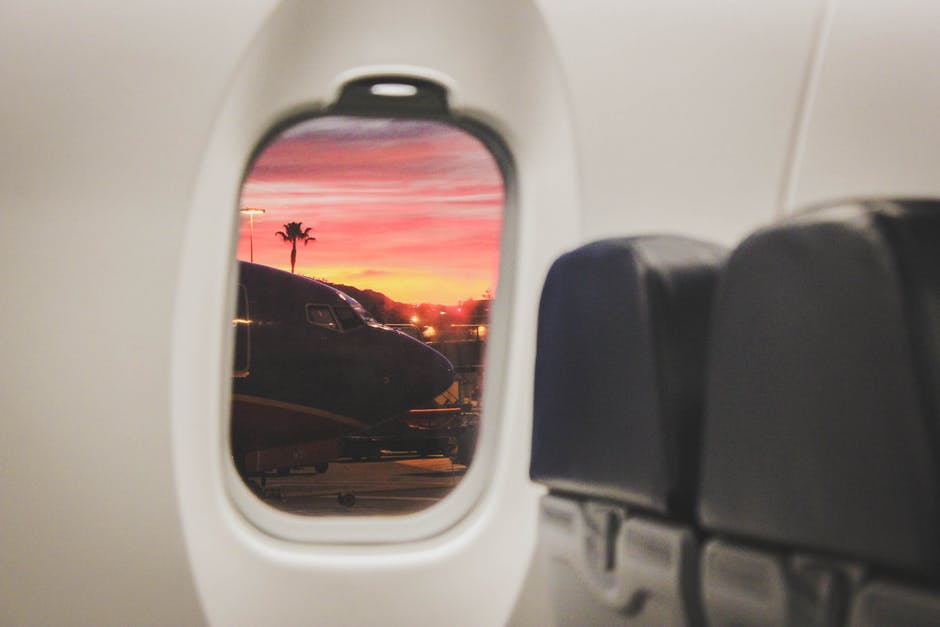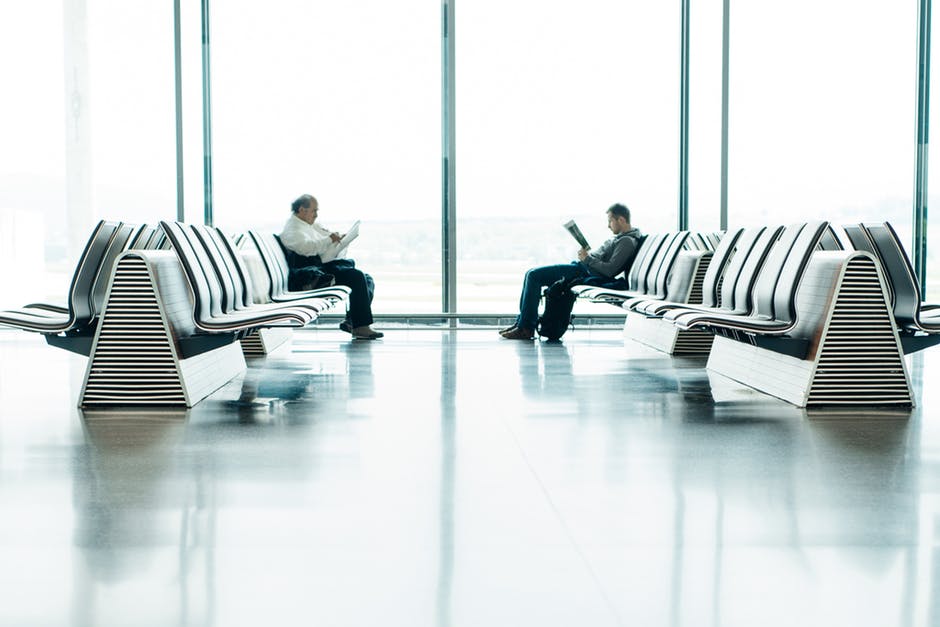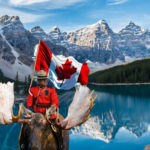It’s getting increasingly difficult for workers to limit themselves to a 9-5 world, with new technologies keeping us tethered to the workplace after hours and on weekends. That’s why it’s important to take a break and plan some vacation time. But going on holiday – moreover, planning it – can also be stressful.
That’s why we invited redtag.ca, one of Canada’s leading online travel agencies, to offer some tips on how to make your next trip as stress-free as possible.
Eat a Healthy Meal Before You Board
It’s fairly common knowledge that airlines don’t offer the best or the healthiest food options. Caring.com reports that Denver-based Sky Chefs, which provides meals to more than 300 airlines, has frequently been cited for health and safety violations. And they’re not alone.
So eat a healthy meal with lean meat and vegetables before you leave for the airport. Or you can bring your own food, or choose a healthy alternative at the airport. As a bonus, you’ll sleep better after a good meal.
Stay Calm
Airline travel has become a security nightmare for frequent travellers. Endless lines, baggage checks and personal searches are now common. Try to avoid getting stressed out by the situation. Everyone is in the same boat and the security employees are just doing their jobs. There’s no point getting angry. If you need to, practise a little meditation before you enter the airport.
Breathe deeply and count to ten if you find yourself getting frustrated or stressed out. Medication may also help, but it might also make you a little groggy. If you are carrying medication to help you relax, save it until you are on the plane.
Onboard Exercise
It’s important to stretch your legs at least once an hour while you are flying. Doctors say exercising your leg and foot muscles while you sit is important, as is walking down the aisle, to help avoid cramp and possible blood clots in your legs, which can happen on long flights.
“There have been several studies that identify a risk of venous thrombosis occurring in flights over eight hours that range from 0–10 per cent, with the higher rates occurring among people with risk factors such as a history of prior blood clots, active cancer and varicose veins,” said Casey O’Connell, MD, assistant professor of clinical medicine at the Keck School of Medicine of USC, in an article posted on Forbes. “Some studies have demonstrated that knee-high, graded elastic compression stockings are effective in these higher risk patients for preventing venous blood clots during air travel.”
Drink Plenty of Fluids
It’s important to take in fluids on long flights as dehydration can occur, causing headaches, runny nose and other related symptoms. Although you can’t bring liquids through security, you can bring an empty water bottle. Fill it once you’re in pre-boarding and hydrate before you fly – and during the flight. Once on the plane, don’t be shy about asking the flight attendant to fill your bottle.
Beware of Alcohol
That airport bar may look inviting if you have time to kill before your flight, but skip the alcohol and you’ll have a much better chance of staying healthy. Alcohol is extremely dehydrating, so drinking before (or during) your flight, combined with poor air circulation onboard the plane can lower your resistance to bacteria and the flu.
It’s no secret that the fun and the novelty have gone out of air travel. It’s now something to endure, rather than something to enjoy. But by following the steps above from redtag.ca, and keeping your mind on the vacation ahead, you can avoid getting stressed out before your holiday even starts.
Related Posts
Love traveling.
















